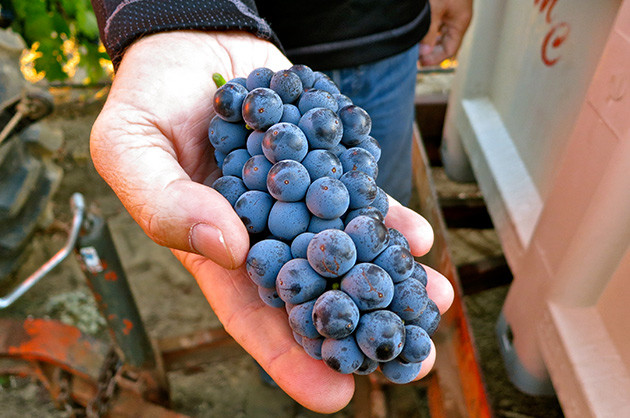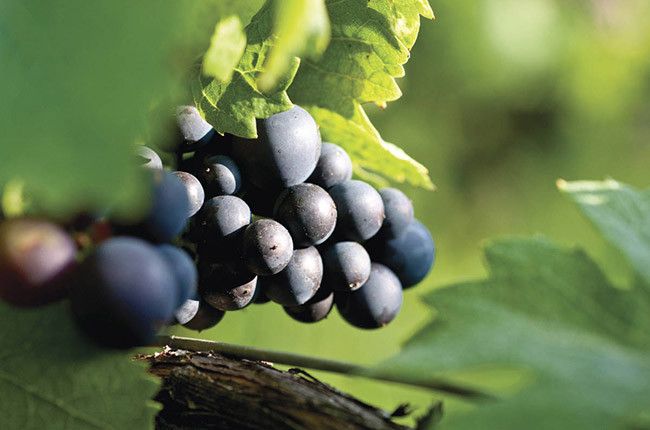Will there ever be an individual who's influential enough to hold sway over the Chinese market? Wine educator Julien Boulard said the key influential factor may well be a ‘what’, rather than a ‘who’...

Since my wine career began 10 years ago, I can’t recall how many times I must have been asked, ‘Who will be the next Robert Parker?’. Bloggers and other social media geeks are generally considered the heirs apparent of the wine world. But I tend to think that the key influential factor may well be a ‘what’, rather than a ‘who’.
China is a young wine-consuming country and consequently, compared with their Western counterparts, local leaders of opinion are relatively young. They are mostly in their thirties or forties, and haven’t yet built the authority required to shift vast quantities of premium wines. They exert their influence on an even younger group of faithful followers, whose financial limitations often confine them to consuming good-value ‘everyday wines’. Although this situation might change, I don’t think any individual will have the ascendancy to pull the strings of supply and demand in China over the next three or four years.
While it might be some time before individuals or the media hold sway over the trade, I’ve been considering the role of the London-based Wine and Spirit Education Trust (WSET) within the Chinese wine market. After all, besides your parents, what has most greatly shaped your view of the world if not your education?
I began to think about this question after I heard that the WSET had launched its new version of the Level 3 Award, which did not include any content about Madeira.
I understand that no wine course can cover every wine-producing region in world, and that it makes sense to focus on styles with the greatest global importance (although this can be subjective). The issue here is that WSET qualifications have become integral to the imported wine industry in China, and therefore their syllabus decisions have a far wider impact outside of the course.
I don’t know the Madeira to China export figures, but they are definitely diminutive. Erasing its existence from WSET books up to Level 3 could make matters worse for Madeira, as potential importers and distributors will lose interest.
According to official figures, 9,079 people took the WSET exams in mainland China last year. I don’t know the exact split between professionals and consumers but, from my own teaching experience, I would say that wine professionals make up half of this number. Meaning that in that same year, 4,000 wine dealers probably structured their wine knowledge around the WSET study material. It’s likely that a substantial number of these traders would organise their product lines based on their formal wine knowledge. In this way they inevitably determine China’s supply, as they tend to push the styles they have been taught about.
To give an example, I think that the three-page spread on Port and Sherry in WSET Level 2 textbook accounts for greater availability of ‘Rubies’ and ‘Finos’ in China. Whereas their total lack of Madeira content means that ‘Sercials’ and ‘Malmseys’ are rarely found or mentioned.
I’m not taking any position on this, but I would like to raise the point that wine education bodies have a stealthy grip over the market, which may well have a deeper and longer-lasting influence than we realise. I don’t know who will be the next key person to shape the Chinese market—actually I’m not sure there will ever be one. However, if your implicit question is ‘Who or what can help to raise consumers’ awareness about my wines?’ - I would recommend you to seriously consider ‘education’, for it is the mould shaping the mass market.
Related article:
Julien Boulard: How to become a better wine educator?
LI Demei: Promoting wine culture in China with a light heart

Translated by Sylvia Wu / 吴嘉溦
All rights reserved by Future plc. No part of this publication may be reproduced, distributed or transmitted in any form or by any means without the prior written permission of Decanter.
Only Official Media Partners (see About us) of DecanterChina.com may republish part of the content from the site without prior permission under strict Terms & Conditions. Contact china@decanter.com to learn about how to become an Official Media Partner of DecanterChina.com.












Comments
Submit